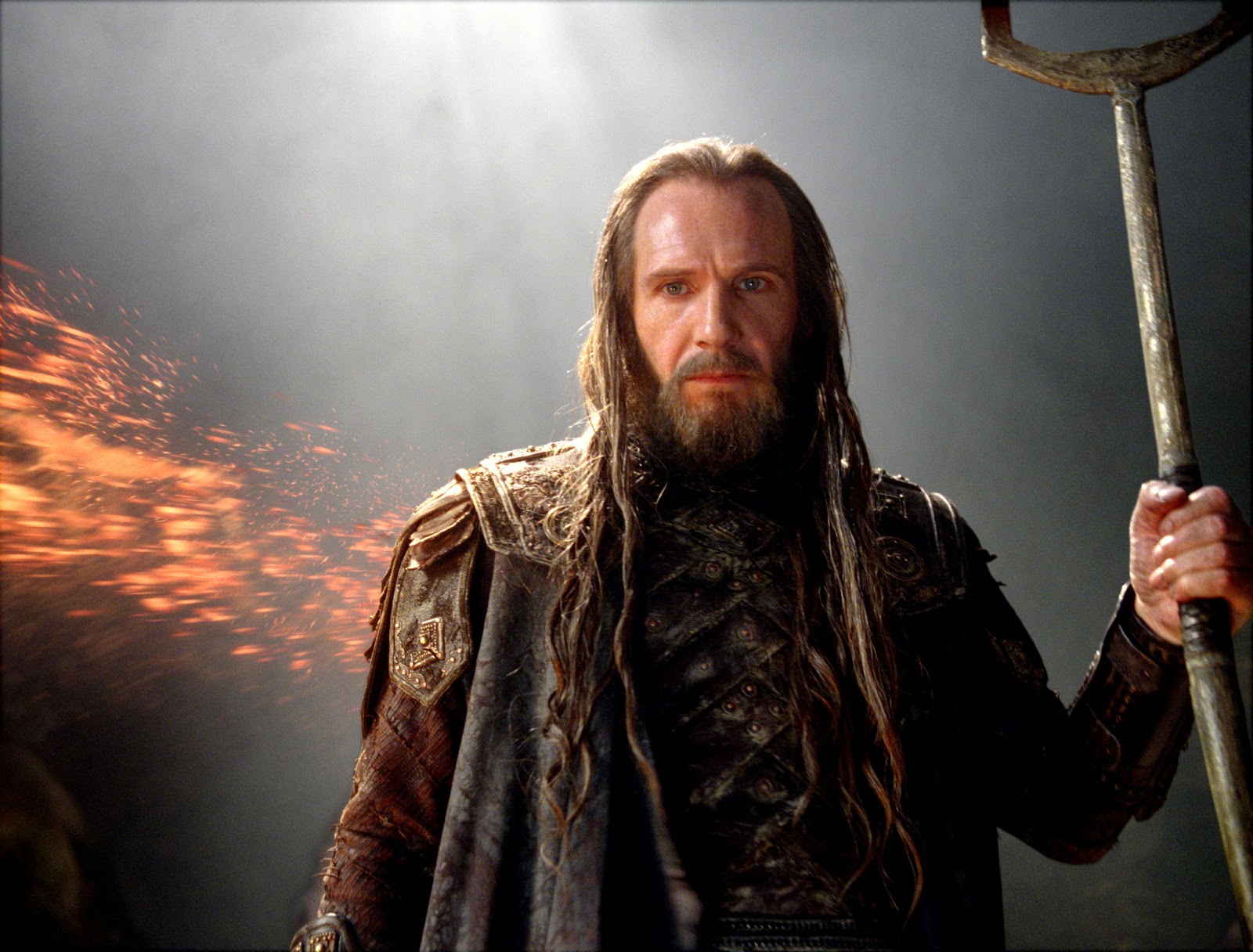

He's just had a baby, and a huge party celebrating that baby's birth where he invited his brother and tried to get him to stick around longer. Olympus and heard it by accident-I can buy that too.īut Zeus is his brother. Hades doesn't leave the Underworld often, so he wouldn't have spent much time on Mt. All the other gods don't like him fine, I can accept that they wouldn't have told him (or spent much time with him). Olympus.Īt some point during the next 18 years, no one talked to Hades about this? Olympus (so, all except Hades) now know that Hercules has been found, and Zeus and Hera watch baby Hercules with his new mortal parents, and are sad that he can't come back to Mt. At some point, one of the gods on the search found Hercules ("But by the time they found the baby, it was too late.") At this point, all the gods on Mt. So Hades did not participate in the search for Hercules-fair enough, I buy that. Olympus, which would be all of them except Hades. So, I am totally able to accept that "all the gods" here refers to all the gods on Mt. They'd have to watch their precious baby grow up from afar. But Zeus and Hera wept because their son could never come home. But by the time they found the baby, it was too late. Zeus led all the gods on a frantic search.

Zeus and Hera wake up to find baby Hercules missing from his crib. Olympus after Pain and Panic have just failed to kill Hercules. So we've established, then, that Hades does not like Zeus at all, but that Zeus doesn't know this, and however often they see each other, he likes his brother and thinks they have a good enough relationship to invite him to the celebration of his son's birth.įast-forward to the scene on Mt. But Zeus seems happily oblivious he's glad his brother is there, he jokes around with him, tells him he should stay at the party longer and not work so hard. It is very clearly established that he does not like Zeus, at all. So in the beginning of the movie, we have Hades coming to the celebration of Hercules' birth.
ZEUS AND HADES HERCULES MOVIE
But, as Zeus (Rip Torn) explains, "being famous is- n't the same as being a true hero.I've noticed what seems to be a plot hole in the Disney version of the movie Hercules, and I'm hoping someone can fill it in with a logical explanation! Hercules smites all comers - a Hydra, a sea serpent and a Minotaur, among others - and he becomes the toast of Thebes, the Big Olive. He's being trained by a satyr named Phil and voiced by Danny DeVito (think Louie DePalma with a goat's body), who's still smarting from the failure of his last big-name client, Achilles. He's got to prove himself a hero in order to have his godliness restored. "He comes on with this big innocent farm boy routine," Meg says after meeting Hercules and unexpectedly falling for him, "but I can see through that in a Peloponnesian minute." For the first time, Disney has created a female heroine with a past, a girl (Susan Egan, Tony nominated as Belle in Broadway's "Beauty and the Beast") who's been around the Parthenon. Reluctantly helping Hades is one of Disney's most original female characters, Meg, a curvy, Veronica Lake look-alike with the sauciness of Barbara Stanwyck. It's perfect material for Michael Bolton, who has recorded the pop version.

The gospel numbers are sassy (and risky for a Greek myth), and Menken comes closer to rock than he has in years in a number called "Zero to Hero," but overall the music lacks the inventiveness and zest of the best of Disney's recent films, "The Little Mermaid" and "Beauty and the Beast." And the signature song, Hercules' "Go the Distance," is pure sap. Hercules' music, by multiple Oscar winner and Disney veteran Alan Menken, with lyrics by Tony Award-winner David Zippel ("City of Angels"), doesn't quite measure up. Like Disney's previous films, a combination of animation and computer graphics makes all the movement fluid and natural, most remarkably in Hercules' fight against a hydra that sprouts new heads like kernels of corn popping. The character drawings are in the sharp, angular style of design supervisor Gerald Scarfe, an English political cartoonist whose work appears in the New Yorker. Hades' underworld is dark and macabre, with lost spirits floating through the air, a sea of Jacob Marleys. The film's pastel colors are luminous, practically neon on Mount Olympus.


 0 kommentar(er)
0 kommentar(er)
